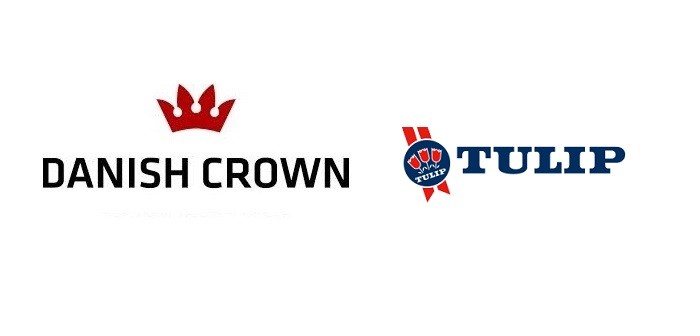Leading pig processing company Tulip, part of the Danish Crown group, has announced its acquisition of UK pig producer Easey Holdings.
Tulip has reached an agreement of terms with the current owners of Easey Holdings and completed the acquisition on Friday, September 8. It is seeking regulatory approval from the Competition & Markets Authority.
Easey Holdings’ existing management team will remain in place and Tulip said it will continue to operate independently with all existing employees to be retained. Existing customer and supplier contracts and commitments will also be honoured.
Easey Holdings Ltd is a family-owned pig farming operation consisting of four key divisions – breeding herds, growing herds, a veterinary practice and a livestock transport business.
It has grown to become one of the most familiar names in the British pig industry, operating a large scale pig breeding and finishing business across the country. The company was founded by Malcolm Easey, one of the pioneers of contract pig rearing arrangements, who died in February. Malcolm’s sons Jon and Chris have since taken over the business.
Investment in British pig farming
Tulip said the acquisition represents an investment in British farming and also inward commitment to the UK by parent company Danish Crown – a cooperative owned by 7,600 Danish member farmers – thus further reinforcing the organisation’s commitment to global farming.
Andrew Saunders, agriculture director at Tulip’s farming division, Tulip Agriculture, explained: “Customer demand is rising for pigmeat produced to high welfare standards supported by strong provenance credentials. This acquisition forms part of Tulip Ltd’s strategic objective to further support the UK pig farming industry, allowing us to more effectively utilise our skills and expertise, capitalising on our industry-leading best practices which have been developed by farmers, vets and other experts within the organisation”.
“We are pleased that the existing management team within Easey Holdings have agreed to remain in place which will ensure we are able to retain the business’ core family values and maintain stability for employees, farmers, suppliers and customers.”
The UK is one of Danish Crown’s four ‘home’ markets and this latest investment demonstrates the company’s long term commitment to Tulip’s sustainable growth.
Jais Valeur, CEO at Danish Crown, said: “Tulip has now successfully completed its profit turnaround and is focusing on cementing the significant progress made during the last year and is planning for the future. This acquisition is in that context and is part of a range of measures designed to Brexit-proof the business.
“This announcement reflects the significant progress being made with Tulip’s new strategic direction, demonstrating the company’s core values – passion for food and passion for farming. I would like to welcome the Easey Holdings team to the family and look forward to working together to share knowledge and best practices as we reaffirm our commitment to best in class UK pig farming.”
Tulip seeking recovery
Tulip operates 15 plants, employing 5,900 people, in the UK, according to its website, producing four main product groups – bacon, luncheon meat, canned goods and poultry products – nder the Danepak, Tulip, Plumrose and Celebrity brands.
Tulip reported a loss of £22 million in the 12 months to September 2016, prompting fears of factory closures, as ‘losses increased week by week’ following the loss of major orders to the retail sector, the company said. But, following the appointment of Steve Francis as CEO a year ago, the company is now confident it is turning things around.
“Now, the downward trend is not only reversed, since the beginning of June, Tulip has actually started making money again on a weekly basis,” Mr Francis said recently in a statement that announced proposed job losses at its loss-making Kings Lynn site.
In June, Danish Crown’s deputy chairman, Asger Krogsgaard, told the Pigs 2022 conference, the company will continue to grow its presence in the UK, which it has identified as a ‘key market’, whatever the outcome of the Brexit negotiations.


